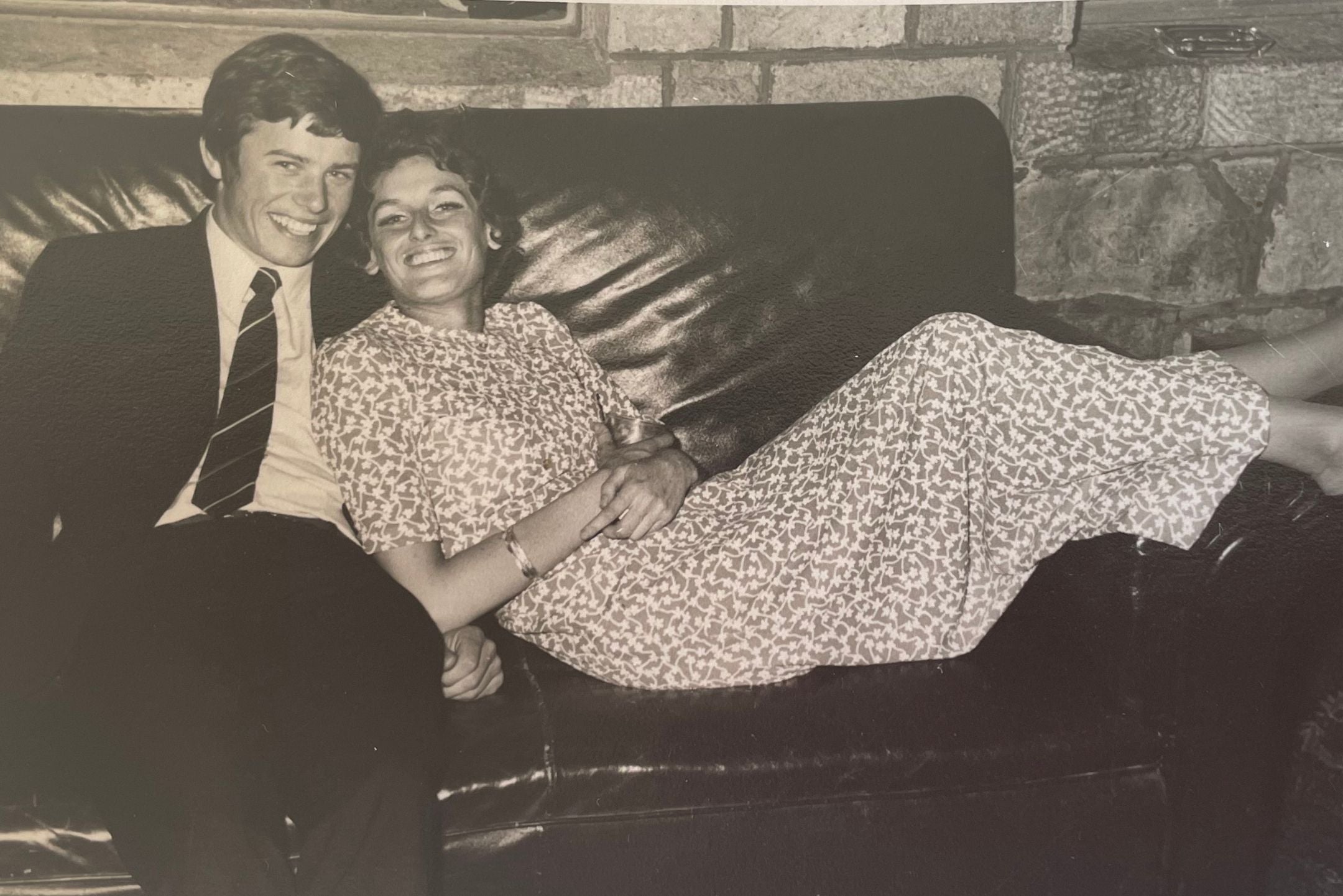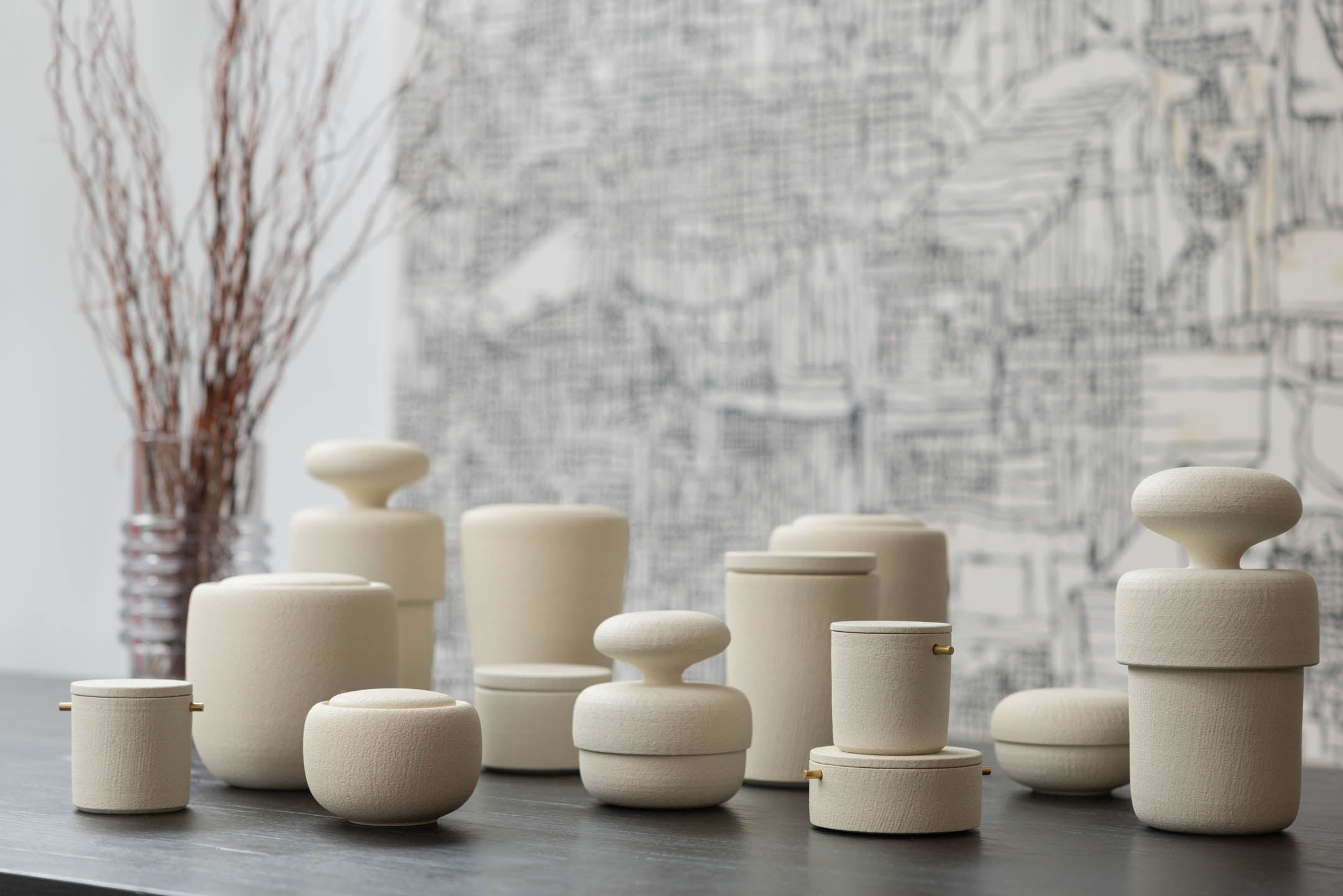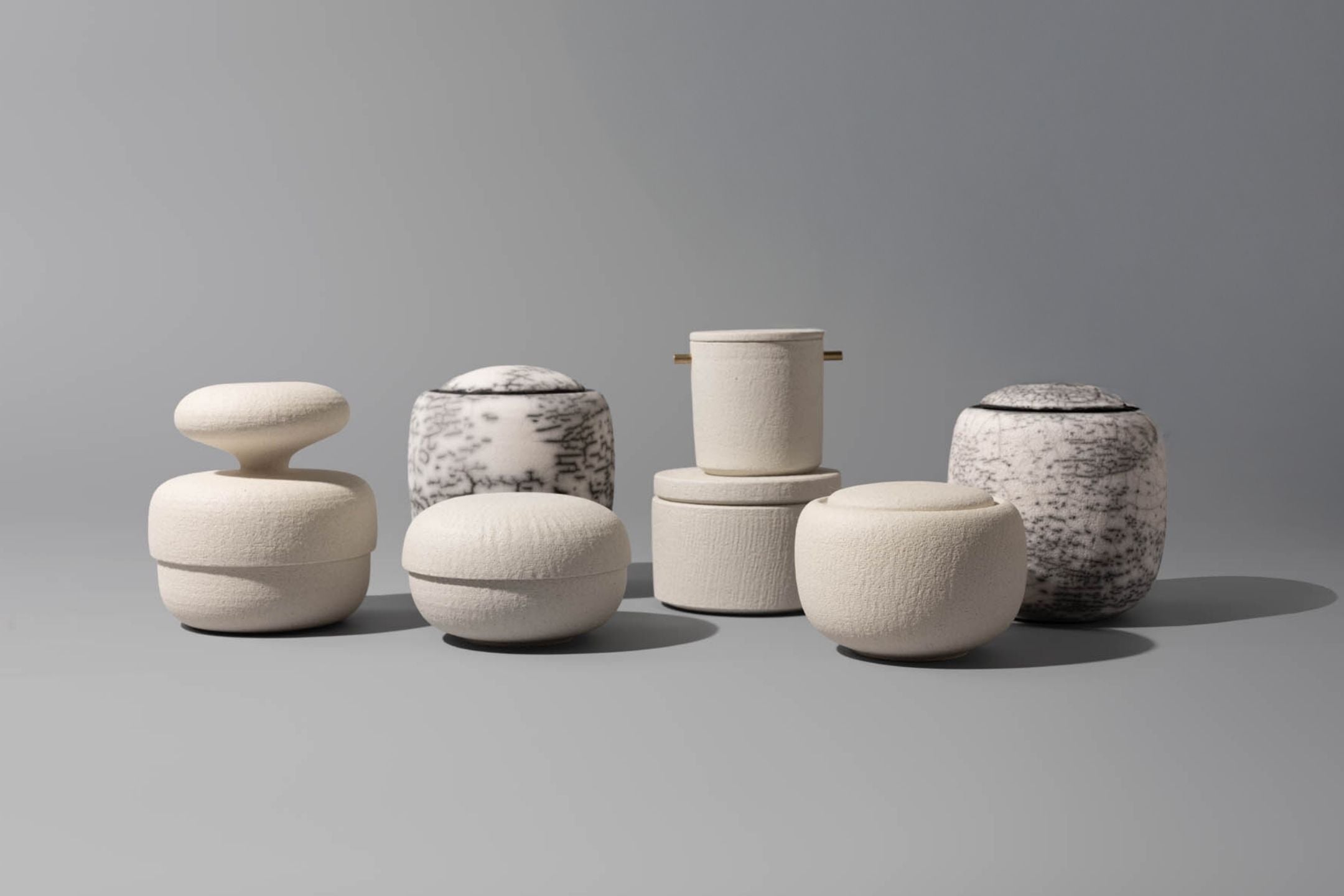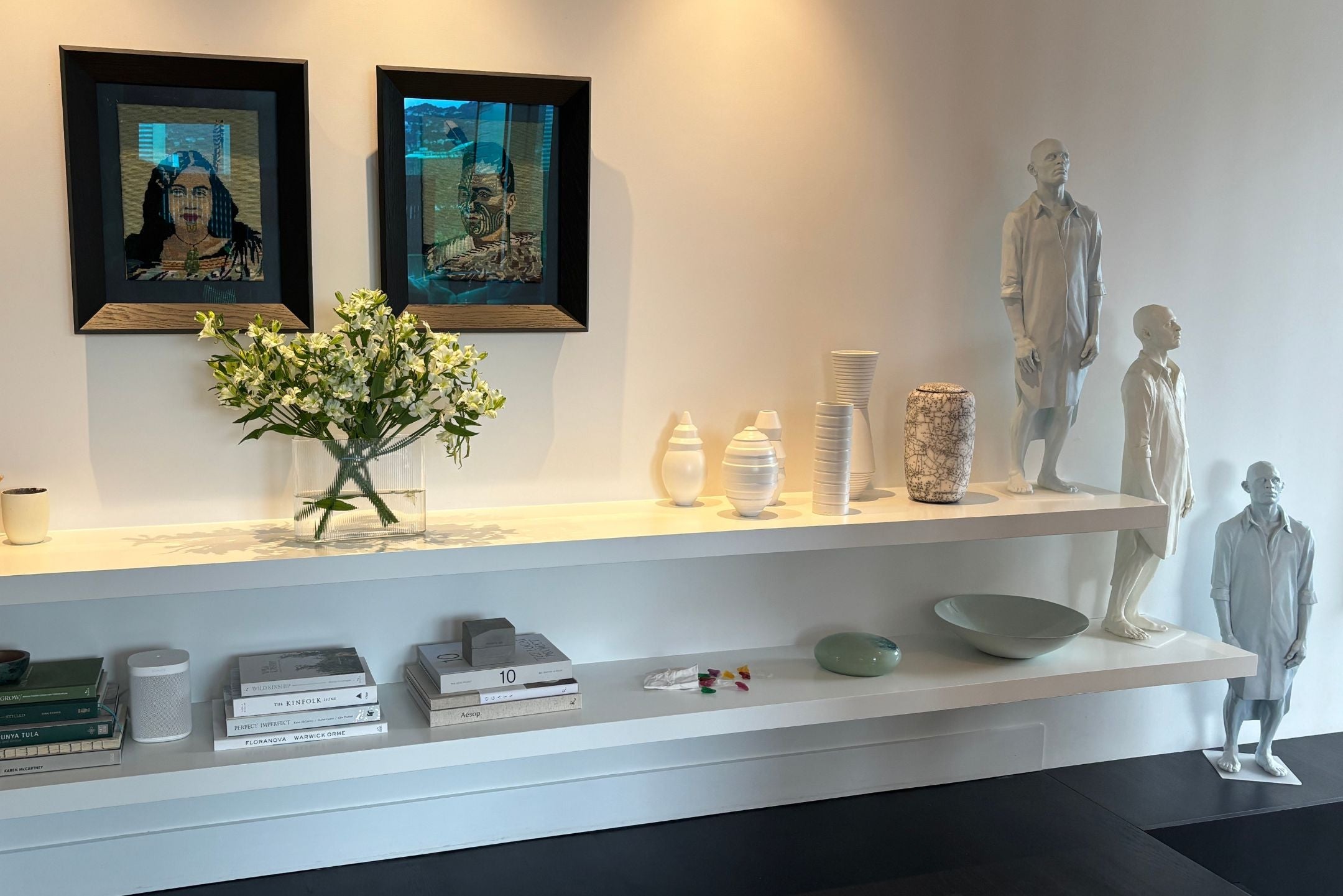Living through the slow demise of a once vibrant parent

There's a special kind of heartache in watching a parent slowly fade – the amazingly capable woman who once seemed so full of life and curiosity, who lit up the moment you walked in the door and instantly made everything seem ok, who could fix any problem no matter how big or small, and could answer any of life’s questions in a way that made you feel safe and reassured. And then one day, she’s not. Suddenly she’s the one asking all the questions, forgetting even the most basic tasks and needing reassurance.
It's a journey many of us walk, yet I’m sure none of us ever feel truly prepared for. And it’s the gradual goodbye that tests our strength in ways we never imagined. In my case it was a slow creeping dementia that stole my beautiful mother's memories, followed by her ability to make decisions or care for others and then to recognise her family.
For others, it’s been an illness that incapacitates their larger-than-life father, draining his once-boundless energy and ox-like strength leaving him frustrated, angry and self conscious. Whatever the cause, the experience often feels like a series of small losses, each one asking us to grieve anew - and before we’re ready. And it causes a seismic shift in the parent-child dynamic.
It took a long time for me to recognise this shift in my relationship with my mother, Bar. She had always been such a jumble of contradictions - gentle, funny and incredibly generous on the one hand; staunch, exacting and opinionated on the other. She was a fierce feminist with a quick mind and endless curiosity, which saw her rebel from an early age - evading angry nuns at her catholic boarding school after taking off on her horse instead of going to class and defying their grim warnings about her future by heading to university to study law when most ‘proper girls’ went into teaching or nursing. She instilled in me a need to question and challenge authority that regularly got me into trouble - and for which I’m eternally grateful.
But somewhere in her early fifties, my mother lost her way. She got sick and then got depressed and then got anxious - about everything. Doctors, predictably, said it was ‘anxiety induced depression’ and gave her antidepressants. Simple tasks seemed suddenly impossible and the constant, repetitive questioning caused frustration and, sometimes, anger with those closest to her, including me.
The only thing that really brought her joy were her grandchildren. With them she was the same exuberant, happy, funny woman she’d always been. ‘Nana Bar’ was the naughty grandmother who gave them ice cream for breakfast and took them on adventures all over the city - she was glorious.
Her decline happened so slowly and the constant reassurance from doctors that she’d ‘come right’ meant that we didn’t really appreciate how serious it was until it was too late. And that loss was excruciating.
I had an extraordinary relationship with both my parents. But throughout my mid twenties and thirties, Bar was not just my mother - she was my best friend, confidante and solace. I would talk to her daily and regularly show up at their house for a cup of tea and a chat - no invitation necessary and never an inconvenience. We would often walk for hours - rarely the same path, always on a mission through the city’s many greenbelts and waterfronts to visit some gallery or garden - always talking about the world, current favourite artists or, more likely, the next huge family gathering.
As one of four very close sisters, family was super important to Bar and we spent an enormous amount of time together. Bar was vibrant and fun and generous to a fault. She was smart and perceptive and always open to ideas. So when she started faltering, she recognised something was not quite right and it scared her. Her own mother had suffered from terrible Alzheimer's and Bar was desperate not to suffer the same fate. But that fear led to a paralysis of sorts and she seemed unable to help herself - after all her years of looking after others, she began to recoil from life. Fiercely independent, she fought against others helping at first. But slowly life became harder and her world became smaller.
Dementia is a truly callous disease. It robs people of their confidence and their independence and turns them into shadows of their former exuberant selves. While their true natures often remain, they retreat into a world of their own making. For Bar that meant music and singing - almost to the exclusion of everything else. But her generous, loving, kind nature was always on display - and occasionally her once wicked sense of humour too.
After years of my father trying to look after Bar at home, we finally relented and sought out a dementia home, where she spent much of the last few years of her life. There was so much guilt in that decision. And every day thereafter. I constantly worried that I hadn’t done enough to help her, that I was a terrible daughter for abandoning her, that I should be visiting her more often, and that I was selfish because I wasn’t prepared to give up my life to look after her. That guilt weighed so heavily on me for such a long time. But bizarrely, it began to lift once she died and now instead of feeling bad every time I think about my beautiful mother, I feel joy - and I think about her constantly. I often find myself smiling randomly when I’m reminded of one of her funny habits, or I catch myself saying something she would’ve said, or the kids make a face that is just so Bar. She’s still making me laugh even in death.
And now, more than ever, I feel her sitting beside me as I start this new adventure with Vaso. Bar is my inspiration and my muse. Her love of art and ceramics made me want to find a beautiful cremation urn for her to rest in and when I couldn’t find one that would do her justice, I decided to make them. I’m sure she would’ve encouraged me and would’ve got so excited about working with artists and creating beautiful vessels for others. I hope she’d be proud of the adventure I’ve embarked on and what Vaso might become. I really do owe her everything.
Bridgit




